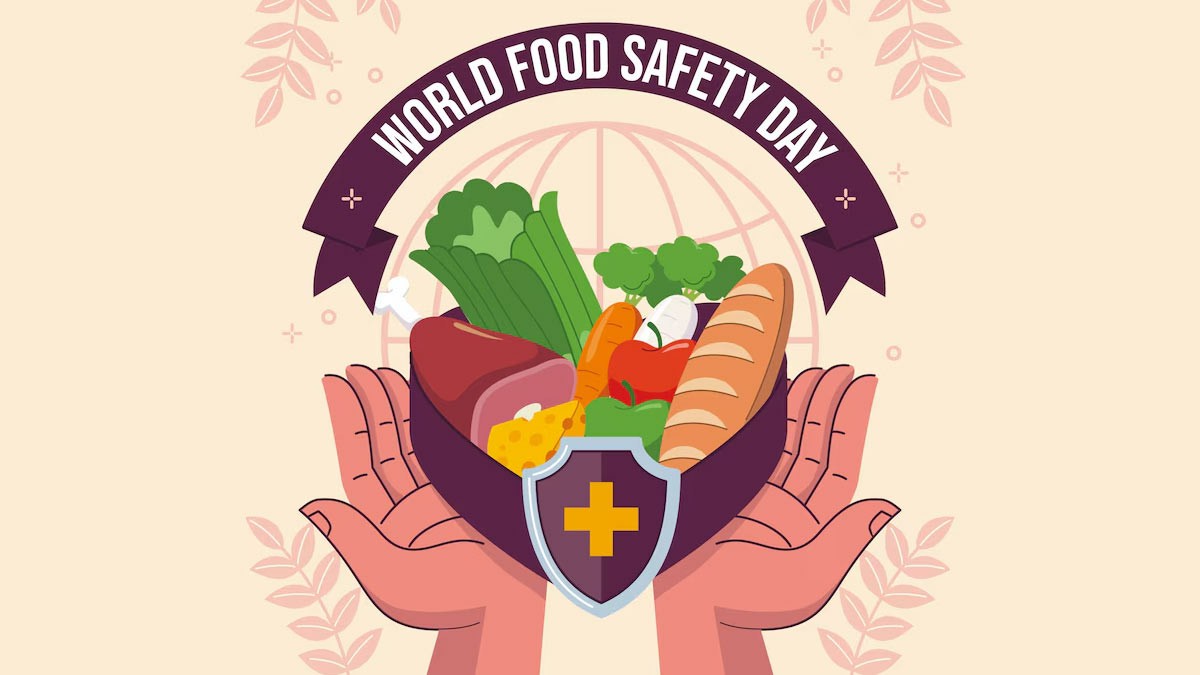


 349,500 Offered Certificates
349,500 Offered Certificates
 24/7 Online Training
24/7 Online Training
 Money Back Guarantee
Money Back Guarantee
 Fully Accredited Courses
Fully Accredited Courses

Created at: 26-02-2025 12:30
In the ever-evolving food industry landscape, ensuring food safety and compliance with regulations has become more crucial than ever. For businesses operating in Dublin, Cork, Galway, Limerick, Waterford, and Belfast, HACCP training is not just a recommendation; it's a necessity. This blog post will dive deep into the importance of obtaining HACCP certification through structured training courses, and how it facilitates full compliance with Irish and EU food safety regulations.
HACCP stands for Hazard Analysis and Critical Control Points. It is a systematic preventive approach to food safety that addresses physical, chemical, and biological hazards through the analysis and control of these risks. The main goal of HACCP is to ensure food safety and improve food handling standards, which in turn protects public health.
Obtaining HACCP certification demonstrates your commitment to food safety. It not only helps in achieving regulatory compliance but also enhances your business reputation in the competitive food market. Here are some key benefits of HACCP training:
The HACCP system is built on seven fundamental principles:
In today’s fast-paced world, online HACCP training offers flexibility for busy professionals. However, in-person training sessions allow for direct interaction and hands-on experience. Each method has its benefits; choose the one that best suits your business needs. Our HACCP training course provides comprehensive content accessible in both formats.
Achieving HACCP certification involves several structured steps:
Awareness of potential violations is essential. Common issues include:
To avoid these pitfalls, regular staff training and audits should be performed to maintain compliance.
Implementing a HACCP-compliant system not only protects public health but enhances your business’s reputation. Customers are increasingly concerned about food safety; demonstrating your commitment through training and certification can improve customer trust and loyalty.
As you navigate the challenges of the food industry in Ireland, investing in HACCP training is vital for safeguarding your business and the public. Don’t leave your food safety compliance to chance—enroll in our HACCP training course today. Protect your patrons, enhance your business standards, and contribute to a healthier community.
For any inquiries, please contact us at [email protected].